Washington driving militarization in Asia-Pacific, says Foreign Ministry
China has urged the United States to stop creating divisions and instigating confrontation in the Asia-Pacific region, Foreign Ministry spokesman Wang Wenbin said on Monday.
Wang said at a news briefing in Beijing that China demands the U.S. honors its commitments and matches its words with deeds, referring to U.S. Defense Secretary Lloyd Austin's recent remarks that the U.S. does not seek "confrontation or conflict, a new Cold War, an Asian NATO, or a region split into hostile blocs".
At the 19th Shangri-La Dialogue, which closed in Singapore on Sunday, Austin delivered a speech in which he accused China of seeking to undermine security, stability and prosperity in the region.
Wang said the U.S.' repetitive spreading of disinformation about China will have no effect other than revealing the U.S.' malicious intention to alienate China and other countries, and exposing the hegemonic nature of the U.S..
The spokesman said the major threat to peace and stability across the Taiwan Straits comes exactly from "Taiwan independence" forces and the connivance of the U.S. with them.
"It is the U.S. that keeps marginalizing the one-China principle and going back on its commitments. It is the U.S. that loosens its restrictions on official ties with Taiwan and continues expanding its arms sales to Taiwan. And it is also the U.S. that helps Taiwan find more 'international space' and even helps Taiwan to save its 'diplomatic relations' with some countries," Wang said.
In addition, the U.S. is the biggest driver behind the militarization frenzy in the Asia-Pacific region, he said, citing the presence of a large number of U.S. warships and warplanes in the South China Sea and the rapid rise in U.S.' close-in reconnaissance and provocations near China.
At the international security forum in Singapore, State Councilor and Defense Minister General Wei Fenghe clarified China's stance that China will have no choice but to go to war and fight to the end if anyone dares to separate Taiwan from the motherland.
Henry Chan, a visiting senior research fellow at the Cambodian Institute for Cooperation and Peace, said: "It is good that Wei leaves no doubt on what the People's Liberation Army will do if Taiwan tries to break away from China, and this position should be a no-brainer and intuitive. Which country in the world would allow its territory to be broken away?
"The Western press and their regional allies often misrepresent the Chinese position and misquote Chinese statements. They are putting the Taiwan question as a case of 'democracy versus autocracy', totally ignoring the fact that what happens today is a violation of the territorial integrity of China embedded in the one-China policy, and such violation is something that no sovereign state will tolerate.
"Wei's statement really clarified that for any country, not just for China, when you have this kind of breakaway of territories, you just go to war. It's just like what Abraham Lincoln did in 1861. So how come that they forgot this? Which country will allow its territory to be torn apart?"
Although expressing China's strong resolve to safeguard its territorial integrity, Wei made it clear that the nation's development is not a threat, but a significant contribution to world peace and development.
"China's development is irreversible, and the country firmly adheres to the path of peaceful development," Wei said in his keynote speech on China's vision for regional order.
Ngeow Chow-Bing, director of the Institute of China Studies at the University of Malaya in Kuala Lumpur, said that China has never renounced the use of force in dealing with the Taiwan question, but has always prioritized peaceful reunification.











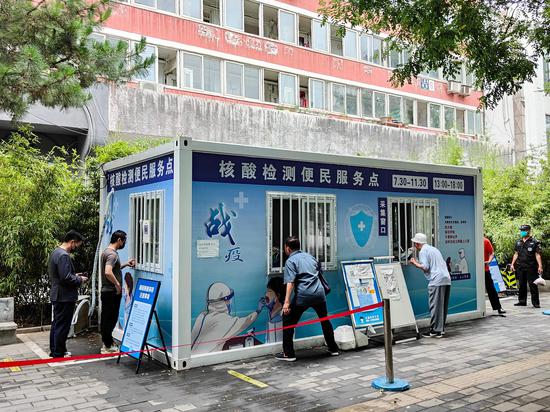
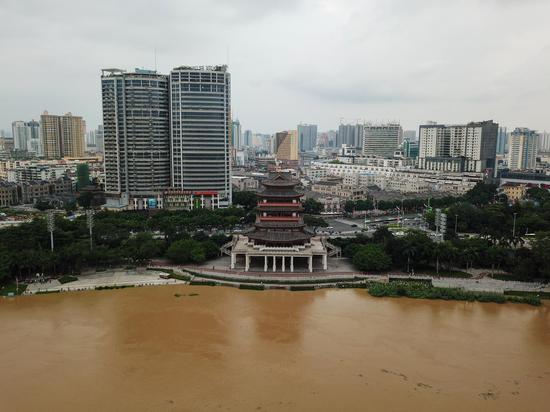
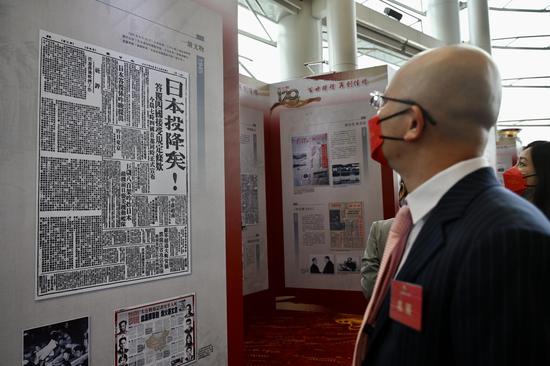

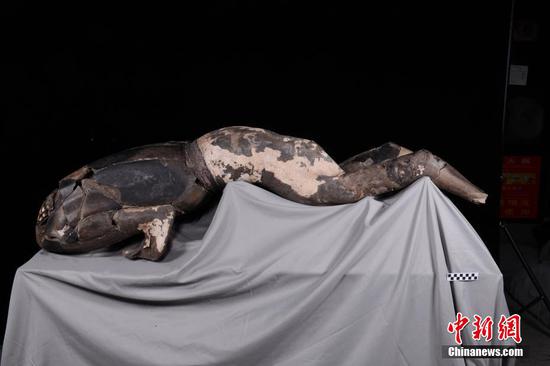
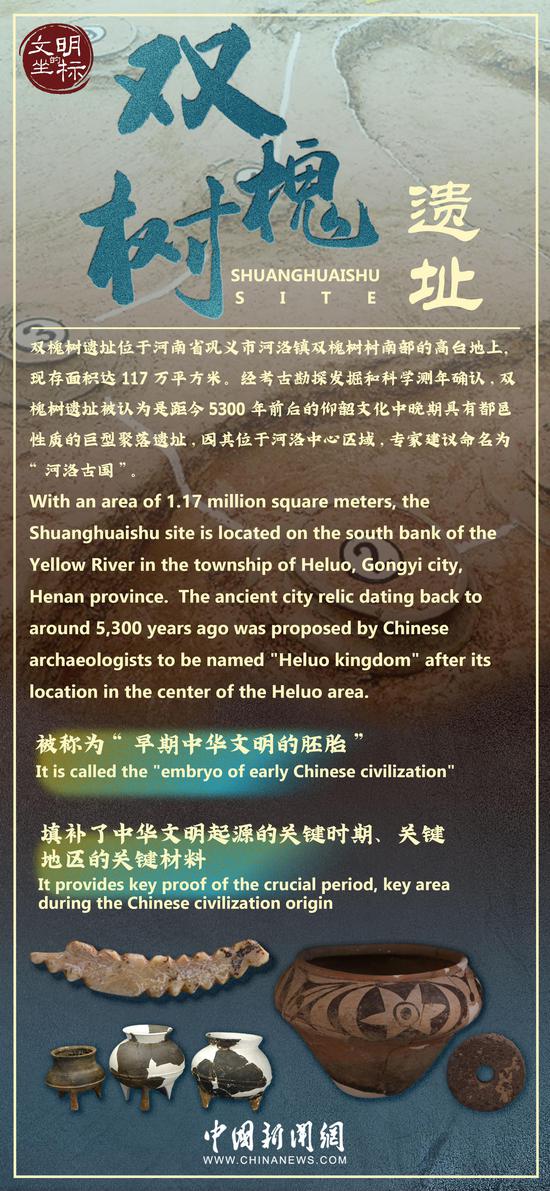
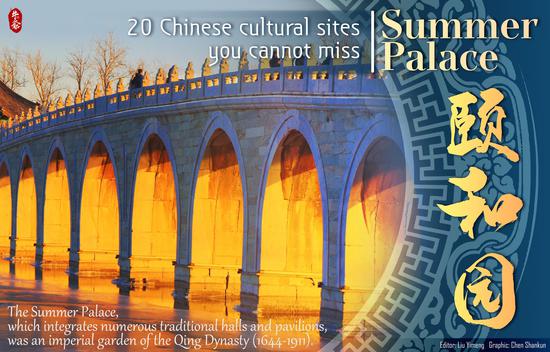
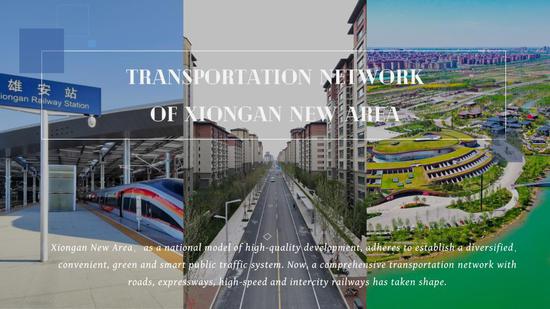
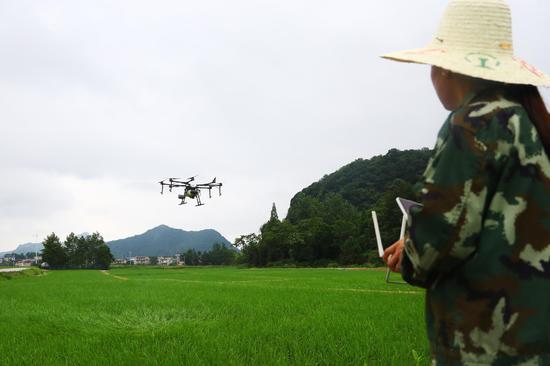

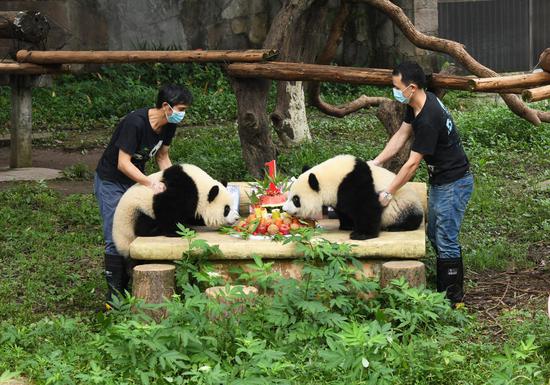


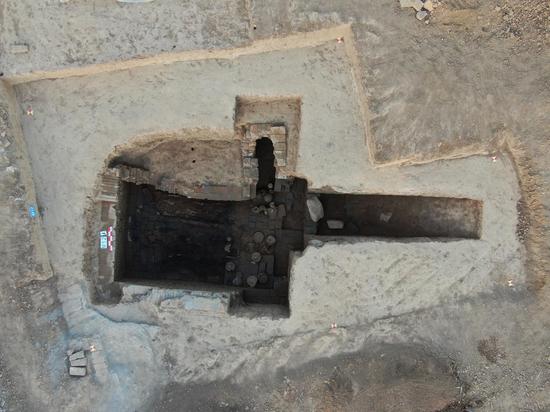
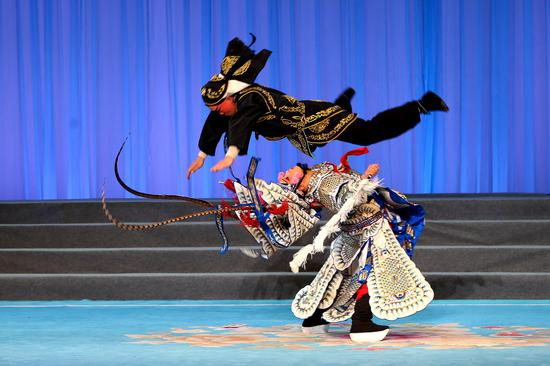
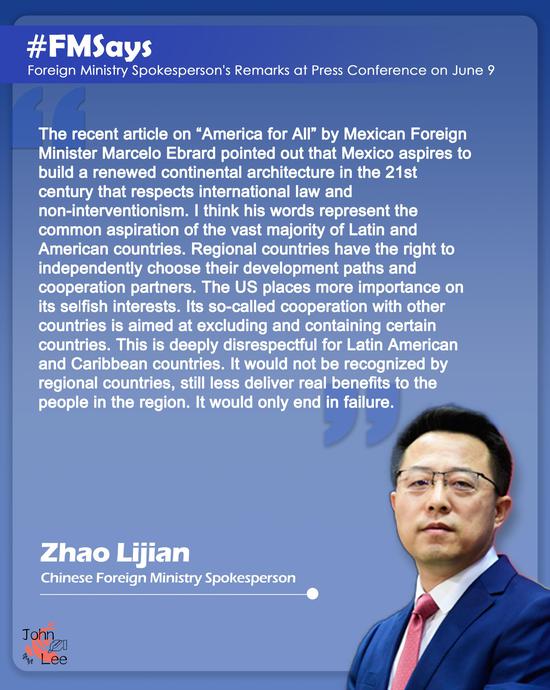
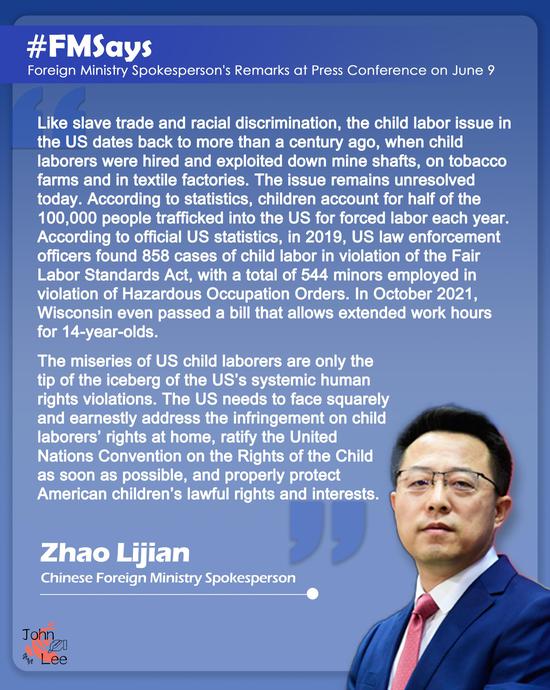
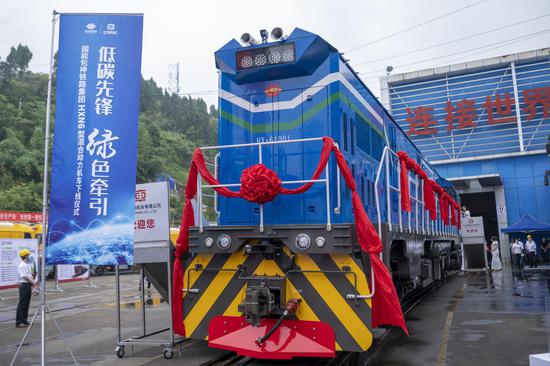

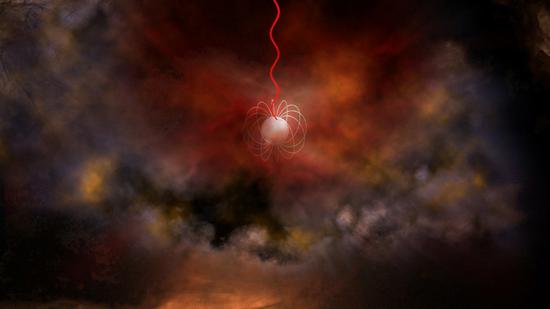
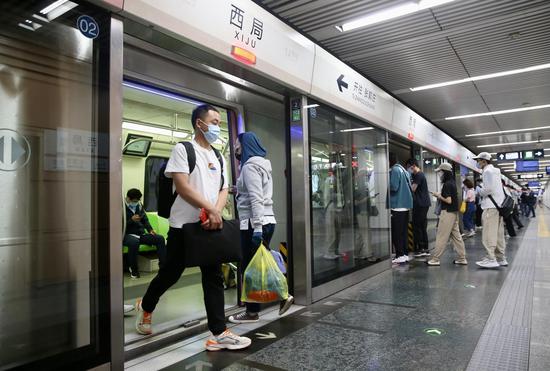

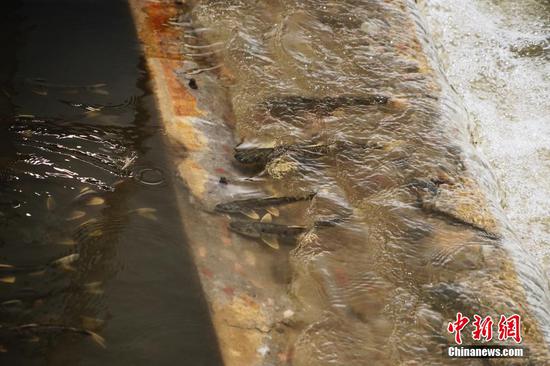

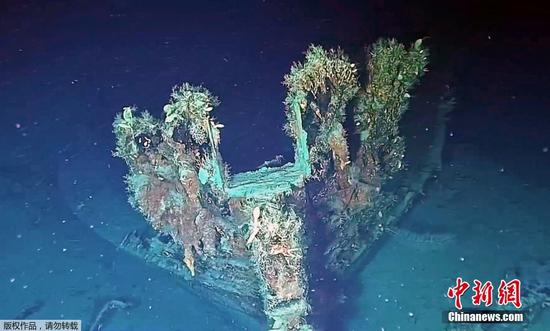
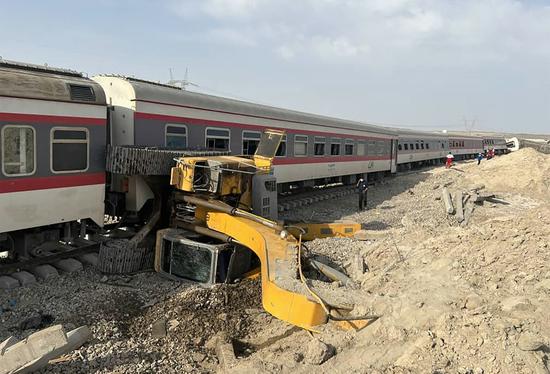




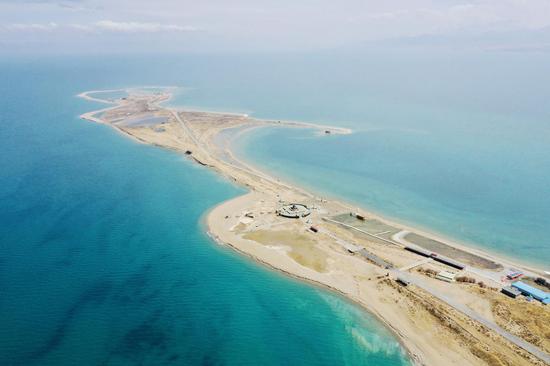
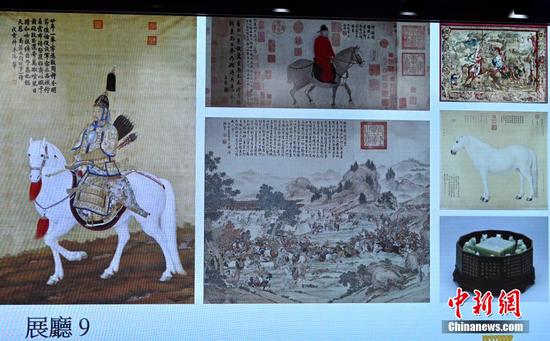
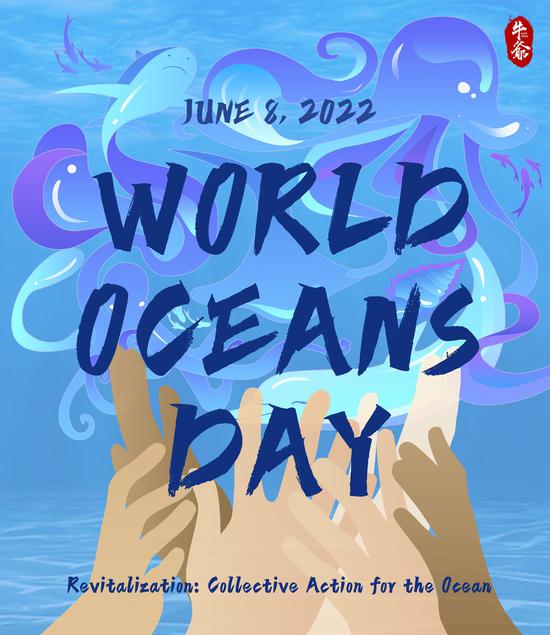






 京公网安备 11010202009201号
京公网安备 11010202009201号